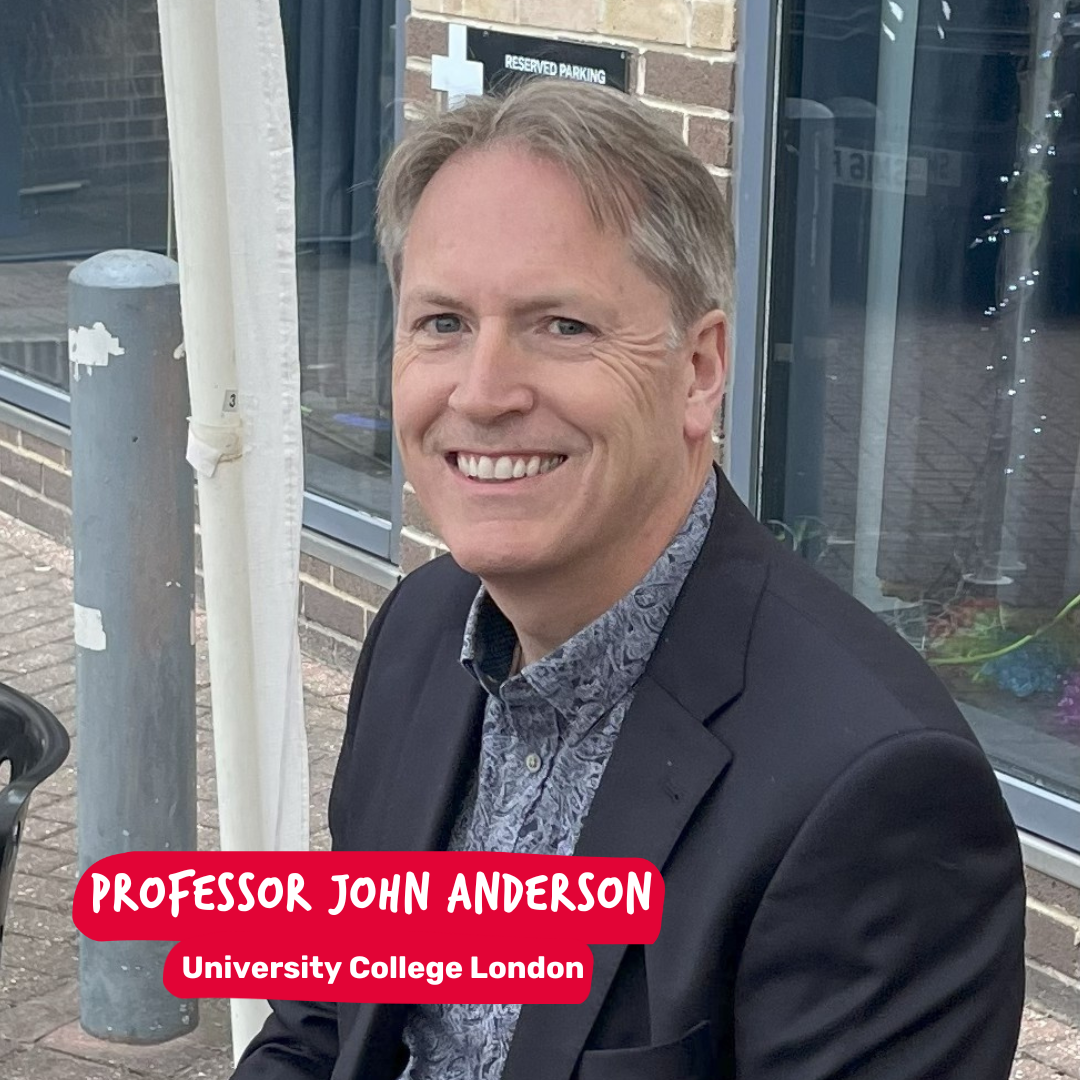Enhancing engineered immune cells to treat paediatric brain tumours
Fast facts
- Official title: Development of autologous “2 for 1” combined ON and OFF switch anti-B7H3 CAR-T cells for brain tumour immunotherapy
- Lead researcher: Professor John Anderson
- Where: University College London, Great Ormond Street Institute of Child Health
- When: July 2025 – December 2026
- Cost: £375,000 over 18 months
- Research type: Paediatric, High grade, Low grade
- Award type: The Translational Award
Brain tumours can be difficult to treat, largely because of the various cell types that make up tumours which can behave and respond to treatments differently. This makes it harder to develop a universal treatment. One promising approach is CAR-T cell therapy, a type of immunotherapy that uses patient’s own immune cells to recognise and attack cancer. This could be the key to more personalised and effective treatments for targeting brain tumours.
What is it?
CAR-T cell therapy works by taking immune cells, called T cells, from a patient’s blood and modifying them in the lab to make them better at seeking out cancer cells. After being engineered, these T cells are returned to the patient for more effective targeting and killing of cancer cells.
Professor John Anderson and his research group at UCL Great Ormond Street Institute of Child Health are focused on developing a new type of CAR-T cell therapy. These CAR-T cells have been designed to target a protein on the surface of many high-risk brain tumours in both children and adults. Importantly, this protein is not usually found on healthy cells, so only the cancer cells will be targeted. As an extra safety measure, they have also developed new technologies to switch the CAR-T cells ‘on’ and ‘off’ using a drug.
These CAR-T cells are currently being tested in a clinical trial for children whose brain tumours have come back after other treatments. In this project, Professor Anderson and his team are hoping to improve the CAR-T cells further and develop a new clinical trial after this project.
Why is it important?
Immunotherapies have proven to be effective in treating many cancers, but not in brain tumours. This is because the surrounding environment of brain tumours weakens immune cells, such as T cells, making it much harder for them to do their job. Over time, this exhausts the T cells, so they become less able to find and kill their targets.
The use of the ‘on’ and ‘off’ switch in this project will allow the CAR-T cells to rest and recharge. This will make them more effective at killing cancer cells for longer periods of time. Professor Anderson and his team want to add a ‘2-in-1’ switch, so that while one group of CAR-T cells is resting, the other group is active and killing tumour cells. This could provide continuous pressure on the tumour, while helping the immune system stay strong.
Our team are thrilled to receive this research grant through which we will focus our efforts to increase the therapeutic benefits of CAR-T cells for paediatric brain tumour patients.
-Professor John Anderson
Research is just one other way your regular gift can make a difference
Research is the only way we will discover kinder, more effective treatments and, ultimately, stamp out brain tumours – for good! However, brain tumours are complex and research in to them takes a great deal of time and money.
Across the UK, over 100,000 families are facing the overwhelming diagnosis of a brain tumour and it is only through the generosity of people like you can we continue to help them.
But, by setting up a regular gift – as little as £2 per month – you can ensure that families no longer face this destructive disease.
In this section

Professor John Anderson
Professor John Anderson has worked at Great Ormond Street Hospital and the Institute of Child Health (ICH) since 1998. His research focuses on developing cell and gene immunotherapies for childhood cancer along with understanding and manipulating the immune system’s response.